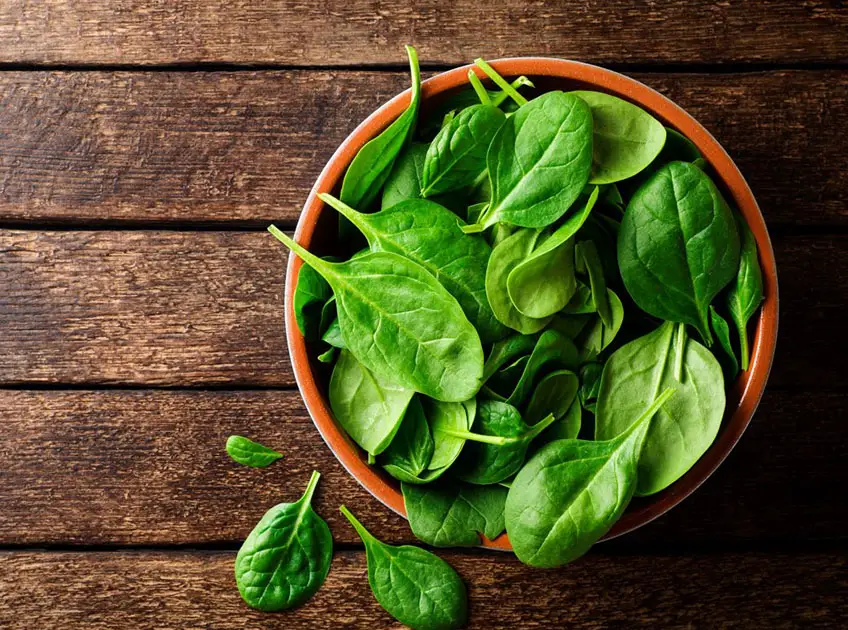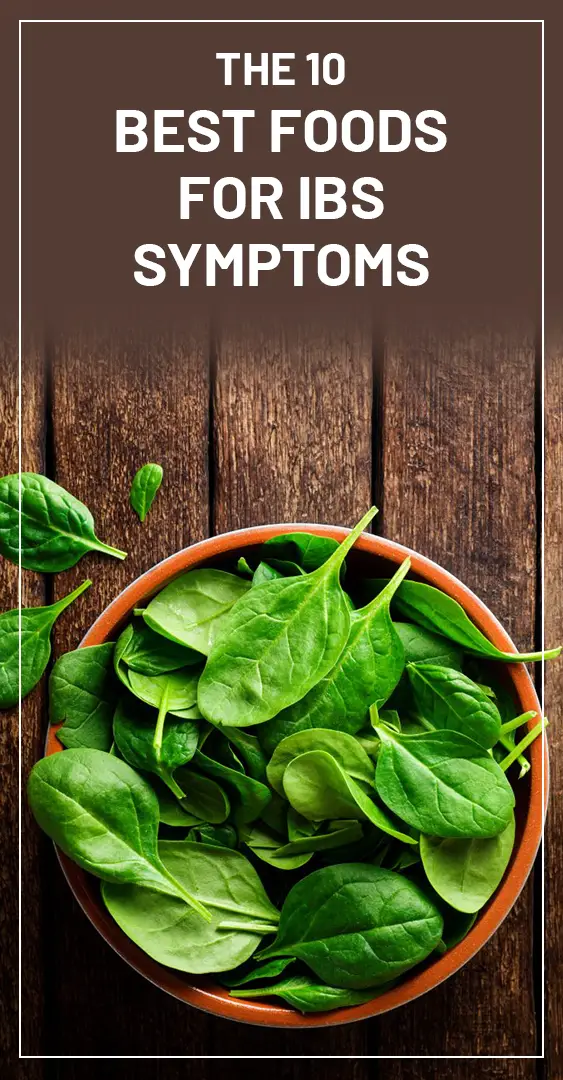
IBS is a condition that affects the digestive system. There are many symptoms of IBS, and one of the main ones is abdominal pain. Some people with IBS also experience constipation, diarrhea, or both. There is no one-size-fits-all approach to managing IBS, but diet can be a helpful part of treatment.
Best Foods for IBS Symptoms
Some people find that certain foods trigger their symptoms, while others find that certain foods help to relieve them. Here are a Few Examples of Foods that May help to Relieve Symptoms of IBS:
1. Probiotic-Rich Foods
Probiotics are live bacteria that are good for gut health. They can help to relieve symptoms of IBS by restoring balance to the microbiome. Some probiotic-rich foods include yogurt, kimchi, sauerkraut, and miso soup.
2. Soluble Fiber:
This type of fiber dissolves in water and forms a gel-like substance. It helps to add bulk to the stool, which can make bowel movements more regular. Soluble fiber is found in oats, barley, legumes, and some fruits and vegetables.
3. Ginger:
Ginger is a common digestive aid that can help to relieve nausea, vomiting, and diarrhea. It also has anti-inflammatory properties that may help to reduce abdominal pain. Ginger can be consumed in many forms, such as fresh ginger, ginger tea, or ginger capsules.
4. Peppermint:
Peppermint is a herb that has long been used to relieve digestive issues. It can help to relax the muscles of the digestive tract, which can ease symptoms of IBS. Peppermint can be consumed in many forms, such as fresh peppermint leaves, peppermint tea, or peppermint capsules.
5. Chamomile:
Chamomile is a flowering plant that has been used for centuries as a natural remedy for digestive issues. It is thought to help relax the muscles of the digestive tract, which can ease symptoms of IBS. Chamomile can be consumed in many forms, such as chamomile tea or chamomile capsules.
6. Green Leafy Vegetables:
Green leafy vegetables are a great source of vitamins, minerals, and antioxidants. They also contain soluble fiber, which can help to bulk up the stool and make bowel movements more regular. Some examples of green leafy vegetables include spinach, kale, and collard greens.
7. Salmon:
Salmon is a great source of omega-3 fatty acids, which have anti-inflammatory properties. This can help to reduce abdominal pain associated with IBS. Salmon is also a good source of protein and other nutrients.
8. Avocado:
Avocados are a good source of healthy fats, fiber, and vitamins. They can help to add bulk to the stool and make bowel movements more regular. Avocados are also a good source of antioxidants, which can help to reduce inflammation.
9. Fennel:
Fennel is a plant that has been used for centuries as a natural remedy for digestive issues. It is thought to help relax the muscles of the digestive tract, which can ease symptoms of IBS. Fennel can be consumed in many forms, such as fresh fennel, fennel tea, or fennel capsules.
10. Bone Broth:
Bone broth is rich in nutrients and minerals that are good for gut health. It also contains collagen, which can help to heal the gut lining. Bone broth can be consumed as a soup or broth, or it can be added to other recipes.
Eating a healthy diet is an important part of managing irritable bowel syndrome (IBS). Some people with IBS find that certain foods trigger their symptoms. If you think certain foods are making your IBS worse, talk to your doctor or a registered dietitian. They can help you create a personalized diet plan that includes foods that are safe for you to eat and avoid trigger foods.
You Might Also Like:

















